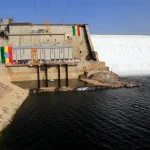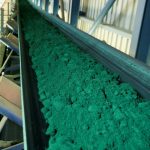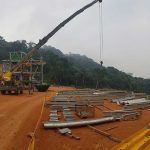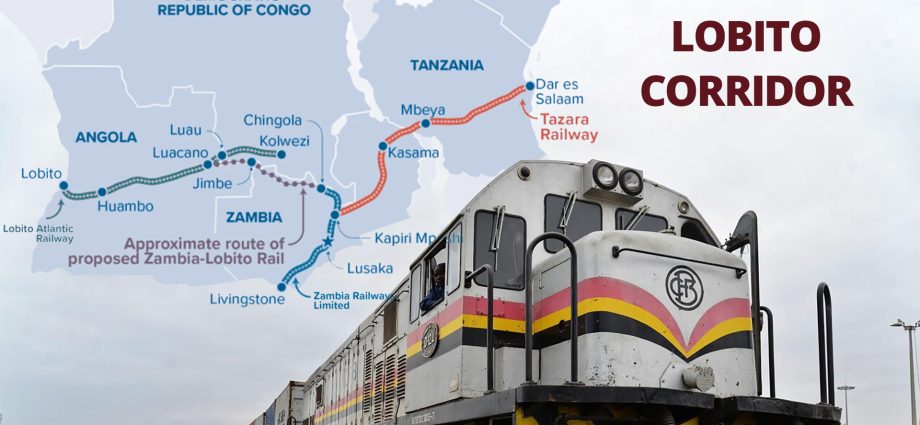The United States has reiterated its backing for the Lobito Corridor, a major infrastructure project linking the Democratic Republic of Congo (DRC) to Angola’s Atlantic coast, aimed at enhancing regional trade and unlocking the DRC’s mineral wealth.
During an April 17, 2025 visit to the DRC, U.S. Senior Advisor Massad Boulos confirmed continued U.S. support, describing the corridor as “vital for the economies of Congo, Zambia, Angola, and the broader region.” He highlighted the U.S. Development Finance Corporation’s role as a key financier and mentioned active discussions with President Félix Tshisekedi’s government to advance railway, highway, and energy projects on the Congolese side.
These investments are intended to address major infrastructure gaps, particularly in support of the DRC’s globally significant cobalt sector.
Despite recent U.S. budget cuts to international aid, Boulos assured that support for strategic projects like the Lobito Corridor remains a priority, though he did not provide specific funding figures.
He also underlined the U.S.’s growing diplomatic engagement in eastern DRC, pointing to progress in Qatar-led peace talks with the M23 rebel group and ongoing negotiations for a minerals agreement to attract U.S. private sector investment.
As China continues to lead in infrastructure development through minerals-for-infrastructure deals, Boulos emphasized a U.S. approach focused on transparent partnerships and long-term investment. “We’re not here to interfere,” he said. “We’re offering alternatives and letting the Congolese decide who serves their interests best.”
The Lobito Corridor is seen as a strategic lever for economic growth and stability, particularly in conflict-affected areas like Katanga and North Kivu. By improving export routes for key minerals such as cobalt, copper, and tin, the project aims to boost trade efficiency, reduce dependence on southern transport corridors, and foster peace and development across the region.















